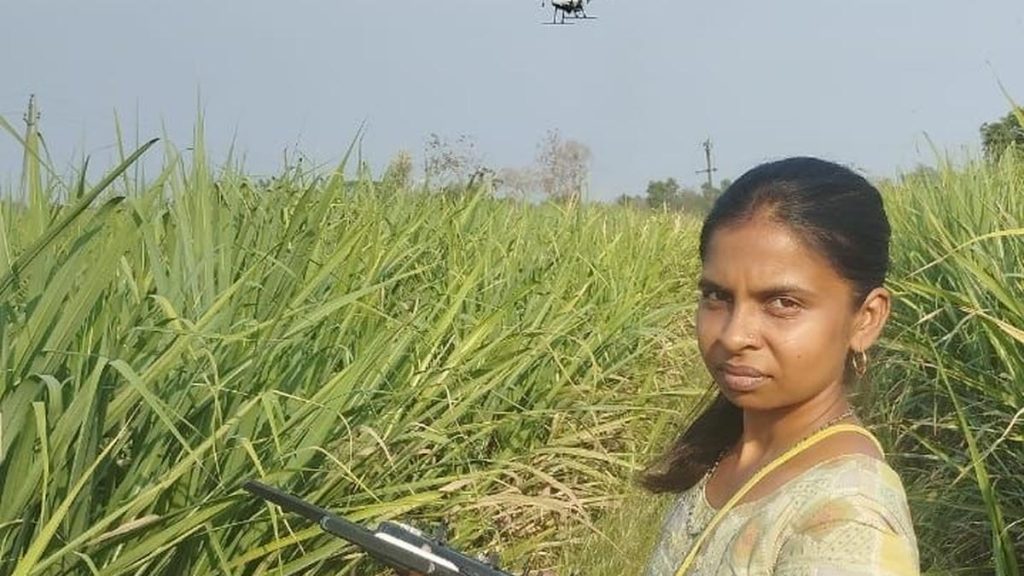Now Reading: ED Seizes Funds of Prime Accused in 2022 Mangaluru Blast Case
-
01
ED Seizes Funds of Prime Accused in 2022 Mangaluru Blast Case
ED Seizes Funds of Prime Accused in 2022 Mangaluru Blast Case

Quick Summary:
- the Directorate of Enforcement (ED) attached ₹29,176 from the bank account of Syed Yasin, a prime accused in the 2022 Mangaluru autorickshaw blast case, under the Prevention of Money Laundering Act (PMLA).
- ED’s inquiry stems from an FIR filed following a November 19, 2022 explosion reported by autorickshaw driver K. Purushottama.
- The National Investigation Agency (NIA) claimed in its chargesheet that ISIS operatives planned the blast and funded their operations through mule accounts and cryptocurrencies.
- Training on creating IEDs was allegedly conducted via messaging platforms like Wicker and Telegram by an ISIS handler known as “colonel.”
- funds amounting to ₹2,86,008 were deposited into mule accounts by cryptocurrency dealers; ₹41,680 was collected in cash for operational expenses related to assembly of explosives and reconnaissance activities across Tamil Nadu, Kerala, Karnataka.
- The intended target was Dharmasthala Manjunatha Swamy temple; however, due to an incorrect bomb timer setup (9 seconds instead of 90 minutes), it exploded prematurely inside an autorickshaw.
- Another accused provided mule account details used for routing payments linked to these terror operations.
indian Opinion Analysis:
The attachment of funds under PMLA indicates India’s active response against suspected terror financing networks linked with global outfits like ISIS. By tracing financial transactions-including cryptocurrency dealings-the authorities demonstrate a growing capability to combat non-conventional funding mechanisms employed in extremist activities. That said,this case underscores vulnerabilities stemming from newer technologies such as encrypted apps and digital payment systems exploited for illicit purposes.
From a national security perspective, the premature explosion likely prevented significant casualties at targeted religious sites but serves as a critical reminder about ongoing threats involving IED attacks. Enhanced vigilance over emerging fintech platforms coupled with stricter anti-laundering measures remain vital components for curbing terrorism’s economic backbone while mitigating risks stemming from decentralized financial tools.
























